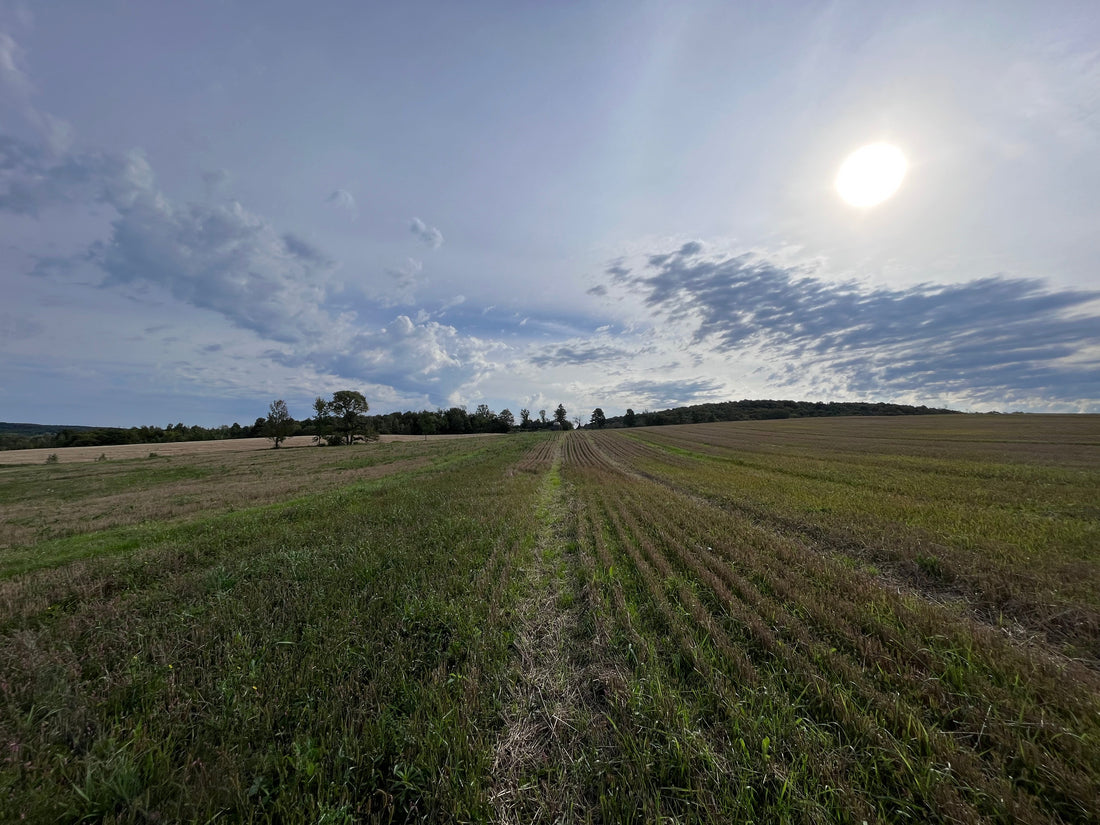As the climate crisis deepens, agriculture finds itself at a crossroads. Farmers around the world are being asked to do more—feed growing populations, protect biodiversity, and reduce greenhouse gas emissions—all while dealing with unpredictable weather and dwindling resources.
One bright spot - AI is helping turn these challenges into opportunities.
Smarter Farming Starts with Better Data
Traditional farming methods often rely on broad estimates: how much water a field might need, how much fertilizer will probably increase yield. But these educated guesses can lead to overuse—wasting water, leaching chemicals into the soil, and releasing unnecessary carbon emissions.
AI is changing that.
By analyzing real-time data from satellites, sensors, and drones, AI-powered systems can give farmers precise insights about their land. We're talking soil moisture levels down to the square meter, optimal planting times based on weather trends, and even early detection of pests or disease—long before they become visible.
Optimizing Irrigation to Save Water
Water is one of farming’s most precious (and threatened) resources. AI helps conserve it by managing irrigation with incredible accuracy. Instead of watering an entire field uniformly, AI systems can pinpoint which areas need more or less water and when—cutting usage by up to 30% in some cases.
The result? Healthier crops with lower water usage and cost.
Reducing Fertilizer Use—and Emissions
Fertilizers are essential for high yields—but when overused, they contribute to greenhouse gas emissions and pollute nearby ecosystems like rivers and lakes. AI tools can now help farmers apply the right amount of fertilizer exactly where it's needed, and only when it's needed.
By fine-tuning nutrient delivery, farms not only reduce costs, but also shrink their carbon footprint.
Boosting Yields Sustainably
Ultimately, AI helps farmers grow more food with fewer resources. Machine learning models can predict the best crop rotations, planting schedules, and harvesting times based on years of climate and soil data—resulting in higher yields and greater food security without increasing land use.
In a warming world where every acre counts, this is one of the most powerful tools we have.
A Win for Farmers—and the Planet
AI in agriculture isn’t about replacing farmers—it’s about empowering them with better tools. Similar to how the horse and plow were replaced by tractors, rough estimates are being replaced with precise data.
In short: we’re growing more with less—and that’s a #WinForThePlanet.

